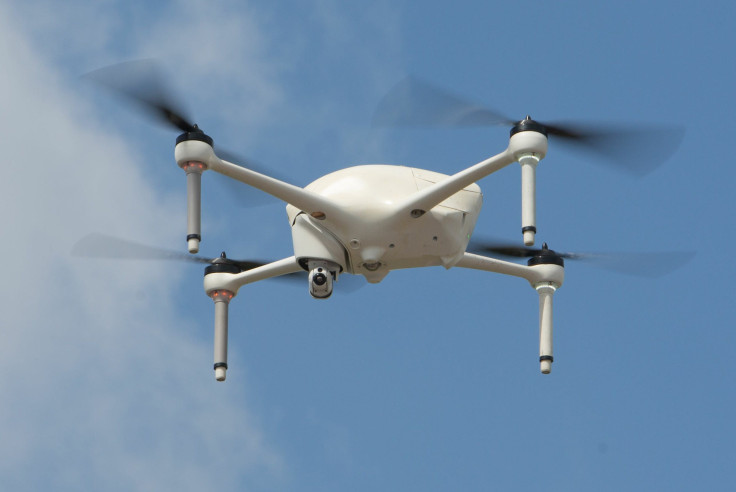Self Driving, Drone Deliveries And More: 5 Groundbreaking Technologies Becoming Mainstream Soon

Technology changes the world at an accelerated speed and with a force that cannot be pre-determined, as has been shown by the smartphone revolution which took over the world in the past 10 years. Peering under the surface of evolving technologies will show that many technologies are expected to become mainstream soon and will change the world as we know it.
Whether it be self-driven cars or drone-based deliveries, many technologies are continuously under development and surface in not just patents, but even in presentations and actual real-world testing. The companies investing in and developing these technologies claim they will be mainstream soon.
Here are five technologies that are expected to become mainstream by 2025:
Self-driven cars: Self-driven cars might be the biggest disruption in the auto industry in the past 100 years. Over time the technology might replace human drivers altogether.
The technology is widely expected to hit the roads by 2025, although Tesla says that its fully autonomous cars will be ready by 2021, Nissan has given a more realistic timeline of 2025.
The technology is steadily expanding on adapting to different road conditions and its legalization is on the way too. Many states have already passed laws regarding self-driving and others are expected to do so.
The biggest possibility with self-driving is that it might change the current model of car ownership. Since there won’t be inconsistencies associated with human driving, chances are the public will have more reliance on cab services rather than taking their own, since they won’t be driving anyway. Chances are that people will lease out their cars for the duration they aren’t using it, or the government provides a ride service just like it does electricity.
Autonomous driving, or self-driving as we call it, will transform the current paradigm of driving and the auto industry.
Medical AI: Artificial intelligence (AI) is steadily being adopted in many fields and might be pertinent to the future progress of the medical field. AI can help in managing copious amounts of medical data, freeing up doctors to evolve medical technology. It might help improve patient treatment and care.
AI based assistants such as the IBM Watson are being used in treating cancer while assistants such as Your.MD are helping doctors with patient care by helping patients with everyday ailments such as cold and cough.
Drone-based deliveries: Drones are not a new technology, but the way they are being used, will change life as we know it. Both Amazon and Walmart are working on drone-based deliveries. Drones are expected to change logistics permanently.
Despite challenges such as determining airspace usage, the fact remains, drones can not only ensure much faster deliveries but also last-mile connectivity. Since drones are not plagued by human factors such as fatigue, they are expected to be part of a delivery system that works around the clock and one that will create a smaller environmental footprint.
Smart home technology: Smart homes were deemed way too far into the future some time ago. But, slowly with smart speakers such as Amazon Echo and Google Home becoming commonplace, smart security systems being available and smart home systems such as Nest, most homes are expected to gradually become smart homes, equipped with multiple smart devices.
Smart glasses: Smart glasses are the newest fad, with Apple, Samsung and others expected to be working on one. The technology is expected to eventually replace smartphones. Using technology such as artificially intelligent voice assistants, augmented reality and virtual reality, these glasses can, in theory, execute smartphone-like functions, but whether the technology will be able to adapt to the sensitivity of the human eye is not yet known.
© Copyright IBTimes 2024. All rights reserved.





















